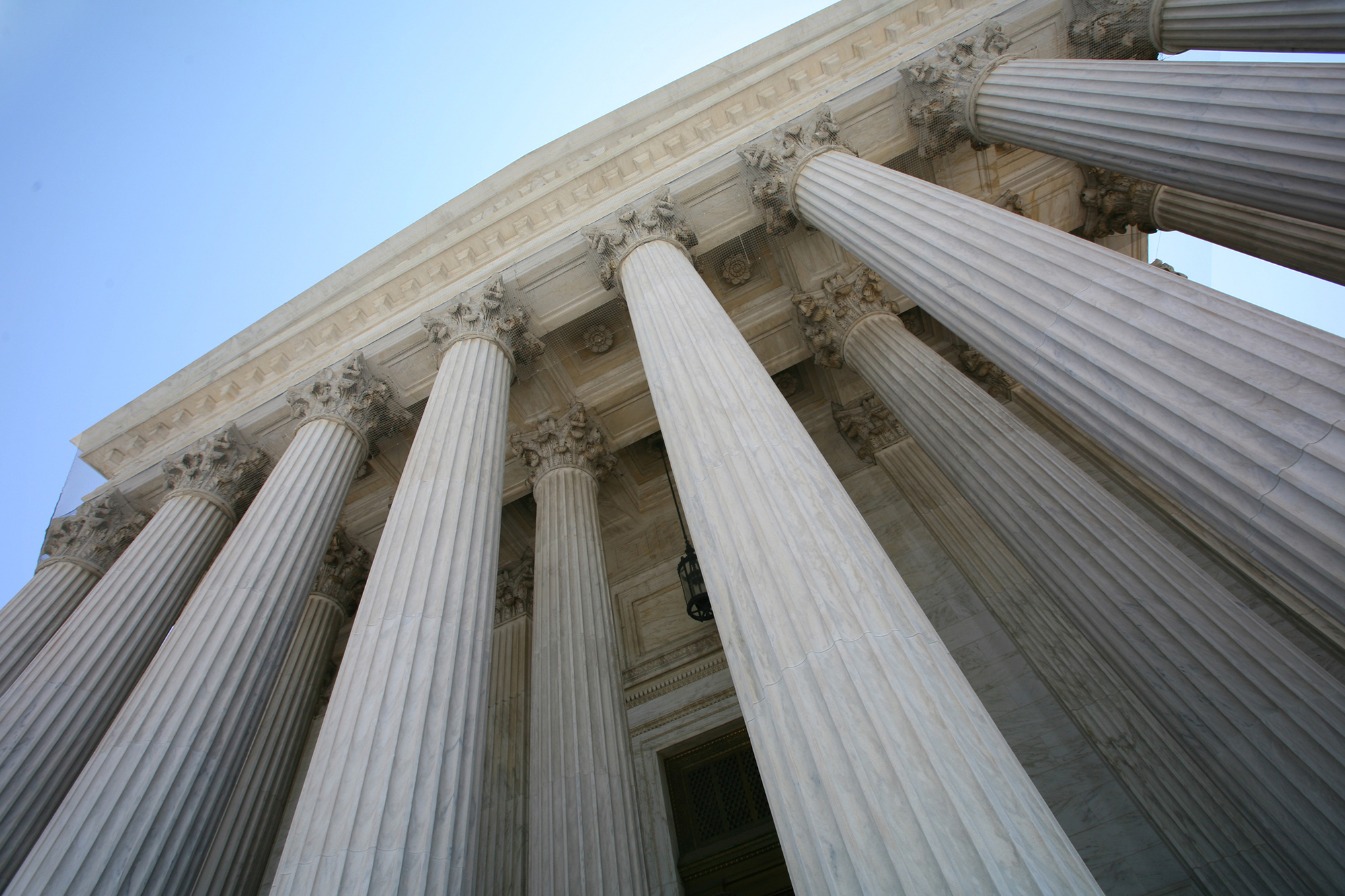Fee Disputes

You have just completed your representation of a client in a heated litigation dispute. You were able to get an outstanding result for the client after a long battle. Because the matter was complex and drawn-out, your fees were substantial. The client kept up with your bills until the month before trial but has not paid you for your trial preparation or your time during the two-week trial. A substantial amount is now owed. You have reached out to the client on several occasions asking for payment, but the bill remains unpaid. What do you do?
Lawyers in this circumstance may feel that their only recourse is to sue the client for the cost of the unpaid services. Before doing so, a lawyer should consider several questions:
- Is the outstanding balance collectible? Even if you get a judgment, it may not be collectible. Does your client have assets against which you can execute? Will the client likely have executable assets over the next 10 years? If not, you might want to write off the debt.
- Is the amount owed more than your malpractice insurance deductible? When lawyers sue their clients for fees, the clients almost always assert a malpractice counterclaim against the lawyers. This means that your deductible will get triggered when your carrier defends you in the malpractice claim. If your deductible is more than the amount you are owed, you should probably think twice.
- How many otherwise billable hours will you spend chasing your fee? Nobody is paying you an hourly fee to handle the lawsuit against the delinquent client. The time that you spend litigating the fee dispute is time that you won’t have to bill paying clients.
- Is it possible that the client might have legitimate complaints about your representation. You might want to have another lawyer look over the case before you pursue the fee.
If, after answering all these questions, you decide to pursue recovery of your fee, you must first comply with Rule 1.5 of the Rules of Professional Conduct regarding the State Bar’s program for fee dispute resolution. You will want to review the rules found in 27 NCAC Chapter 1, Subchapter D, Section .0700.
Participation in the fee dispute resolution program of the North Carolina State Bar is mandatory when a client requests resolution of a disputed fee. Before filing an action to collect a disputed fee, the client must be advised of the fee dispute resolution program. Notification must occur not only when there is a specific issue in dispute, but also when the client simply fails to pay. However, when the client expressly acknowledges liability for the specific amount of the bill and states that he or she cannot presently pay the bill, the fee is not disputed and notification of the client is not required.
If fee dispute resolution is requested by a client, the lawyer must participate in the resolution process in good faith. The State Bar program of fee dispute resolution uses mediation to resolve fee disputes as an alternative to litigation. The lawyer must cooperate with the person who is charged with investigating the dispute and with the person(s) appointed to mediate the dispute.
If you are still not sure what to do, pick up the phone and talk with one of Lawyers Mutual’s claims attorneys. We can guide you through the analysis and give you our objective thoughts on how to proceed.




